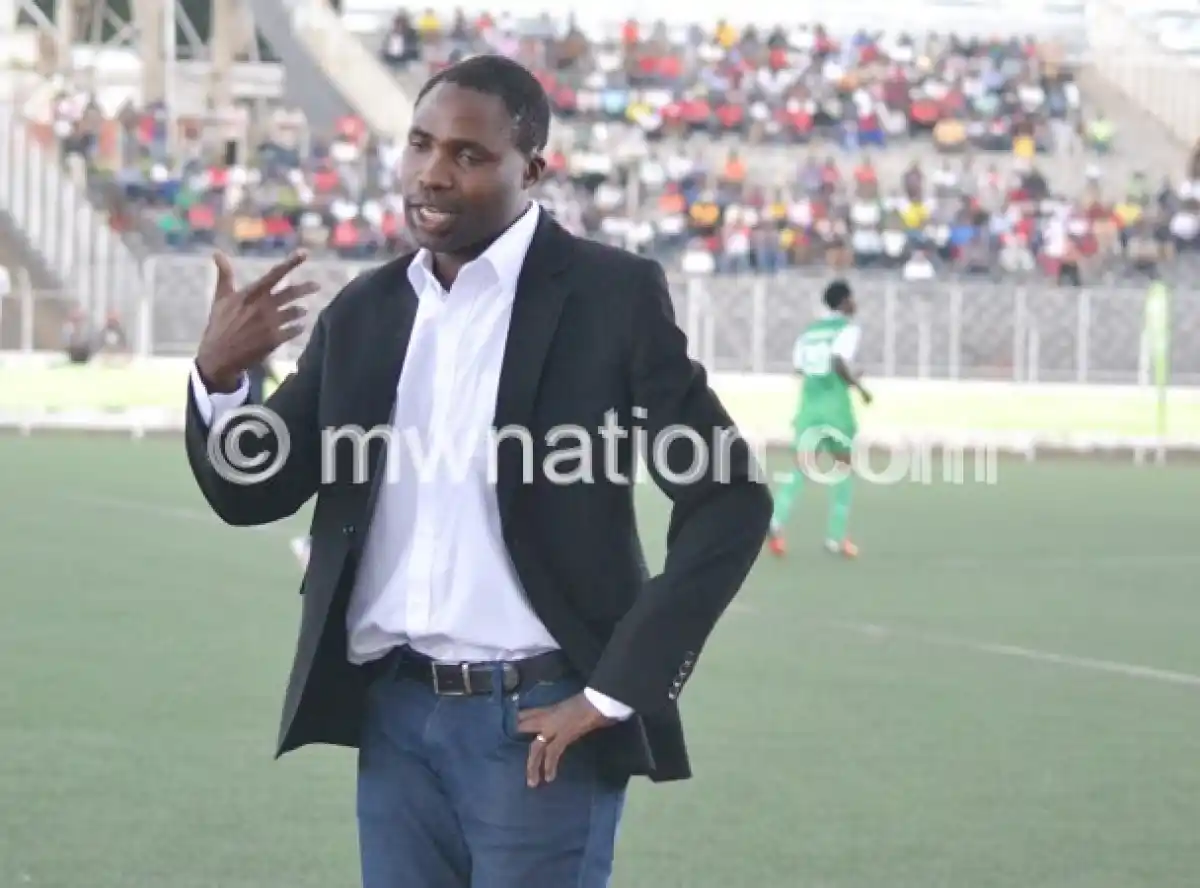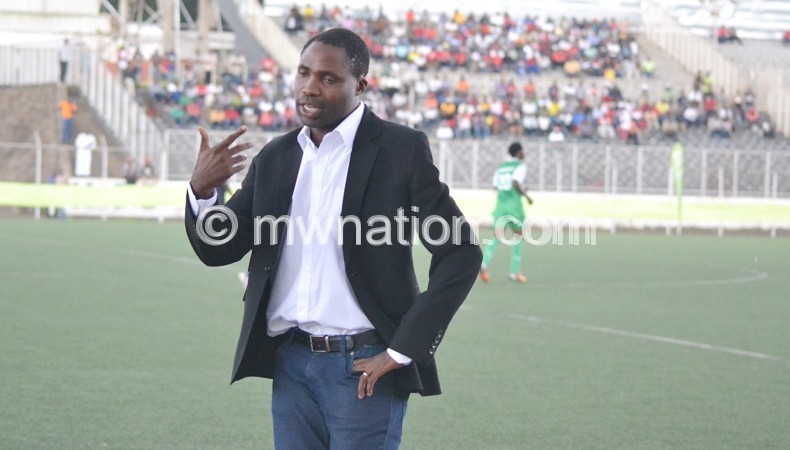
The world is full of stories about the curse of former football stars that once made fame and fortune but later went from riches to rags.
Former England goalkeeper David James, former Liverpool star John Arne Riise, former Chelsea defenders Celestine Babayaro and Eric Djemba-Djemba are some of them.
England legend Paul ‘Gazza’ Gascoigne, who was once a multimillionaire, is today a caricature of his former self after spending his earnings on booze and merry making.
Nobody blames the FA or his former clubs—Newcastle United and Tottenham Hotspur—for his predicament.

Back home scores of former football stars live a life of a pauper despite playing at highest level, but the blame goes to football authorities for failing to ‘take care’ of their former stars.
This has led to a debate on social media on whether Malawian former players are a special species that need charity from football authorities or the public after hanging up their boots.
Former Flames and Nyasa Big Bullets captain Peter Mponda, who now owns PremierBet Wizards FC, says while helping former players is welcome, it is not Football Association of Malawi (FAM), Super League of Malawi (Sulom) or a club’s responsibility.
Mponda said: “As a former national team, Big Bullets or Black Leopards player, I do not believe any of them is obliged to help me if things are not working for me. When I was playing they were fulfilling whatever agreement I had with them. After retiring, I am no longer their responsibility. They can help if they feel like but taking Sulom, FAM or a club to task for not helping a former player is not fair.”
However, the former Ottawa Wizards player believes football administrators take the blame for failing to put in place mechanism that would see players preparing for life after retirement.
“To do away with this, administrators need to come up with policies that can stop former players from begging after retiring. I recall when I was at Black Leopards they used to bring in financial advisers who would lecture us on how to invest our money in preparation for the future. I try to bring such people at my club [Wizards]. But at the end of the day, it is up to the player. If he wants to invest his earnings or not.”
Silver Strikers general secretary Thabo Chakaka-Nyirenda also shares Mponda’s sentiments.
“When a player is under contract both sides have an obligation. After the expiry of the contract they part ways. It is just like any other job. Players, just like any other retired employee must learn to fend for themselves. Most of the players get paid far much better than some civil servants, but the problem is they are extravagant,” he said.
FAM executive committee member Daud Suleman, who heads the players welfare committee, believes dealing with the disease and not the symptoms is the way forward.
He said: “The blame can be a proportioned to several stakeholders because of the football environment and status of the industry. We do not have solid structures that define different roles and expectations clearly. We still have players that are not directly managed by competent personnel that can direct them to the best investments and offer them candid counsel in their decisions.
“Level of education amongst players has created a gap in terms of financial literacy and investment options. Issues to do with contractual agreements and disputes keep cropping up due to these gaps. In the process, we have blurred lines in terms of responsibilities and rights of players. At times players are left without competent counsel which in turn, leads to problems.”
Suleman said administrators should take the blame when former players turn into beggars after retiring.
“As administrators, we have not been very honest and transparent with player deals. We have taken advantage of their plight and eventually left them stranded [after retirement]. As regulators, the missing link has always been that legal organ that can take the issues of players’ welfare as a core function and ensure that the profession is respected and protected,” he said.
FAM is in the process of forming a Players Welfare Association.
“The welfare association will be a turning point in the battle towards bettering the profession, safeguarding reasonable income, insurance and protection of individual rights of our players to ensure a dignified and honourable existence,” he said. n







0 Comments